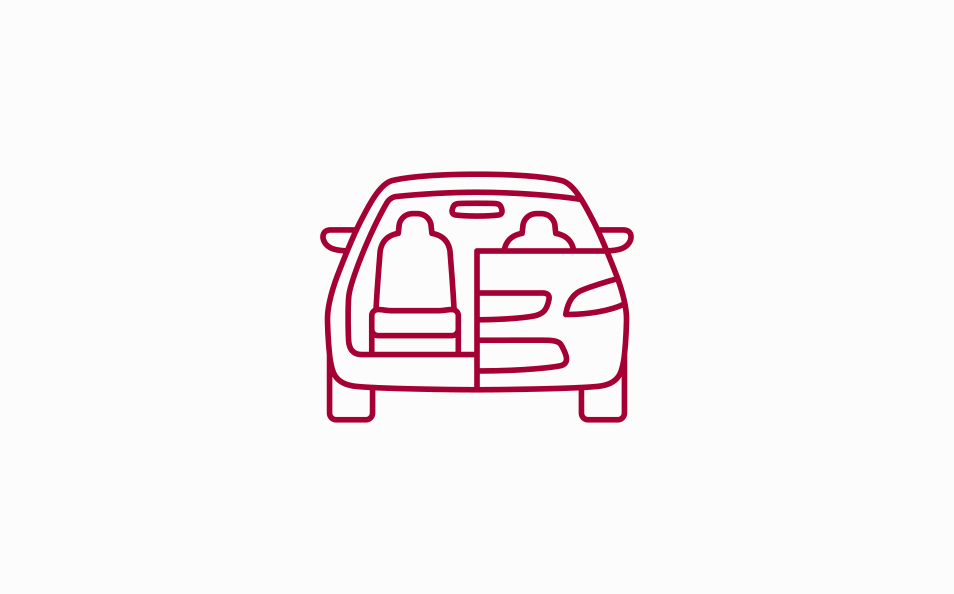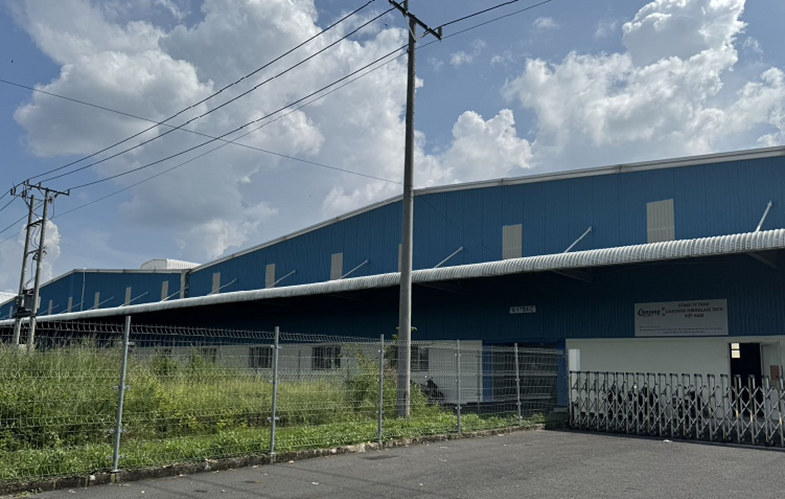

- Others
- Global
Competitive Glass Mat for Automotive Headliners Produced in Vietnam (Downloadable Product Specification Sheet Included)
Compared to the high-tech advancements in connected and electrification components for autonomous driving, automotive interior parts are a technically more mature area. These parts face intense cost competition, particularly in the U.S. market, where import tariffs significantly impact procurement costs. To address this issue, NAGASE offers a cost-effective solution with glass mats for automotive headliners produced by LIANYANG FIBERGLASS TECH VIETNAM (referred to as LIANYANG), a company operating in Vietnam, which enjoys Most-Favored-Nation (MFN), also known as Normal Trade Relations (NTR), status in its trade with the United States.
The Issue
The average car contains approximately 30,000 parts, ranging from small screws to large engine parts. The production of such a large number of parts involves many countries, and building a global supply chain is essential for making a single car. The U.S., as a leading market in the global automotive industry, plays a vital role in the development trend. In the American automotive market, tariffs on imported parts are closely tied to political trends, and these trends are attracting attention from around the world. In particular, tariffs on imported parts manufactured in China are particularly high, with expectations of further increases. Despite this, many parts produced in China continue to be widely distributed in the U.S., with manufacturers often shouldering the tariff burden to maintain competitive pricing. Recently, with growing investments and budget focused on connected and electrified components in automotive development, interior parts and other mature technology areas are under intense cost pressure and competition.
The Solution
The Solution: Creating Cost Advantages with Glass Mat Products Produced in Vietnam
To address this challenge, NAGASE has partnered with LIANYANG, a manufacturer of glass mats used in many automotive headliners, to contribute to creating advantages for the American market. Although LIANYANG is a manufacturer originating from China, it started operating a factory in Binh Duong, Vietnam, in January 2025. With the Bilateral Trade Agreement between the United States and Vietnam in place, Vietnam is granted MFN status, and procurement costs are expected to decrease compared to imports from China.

The Vietnam factory has been providing samples since January 2025.
LIANYANG's Global Adoption Record
LIANYANG originates from China and holds a 30% market share for glass mats used in automotive headliners in China, with a strong track record across both Chinese and non-Chinese OEMs. The company’s experience in the U.S. market, gained through its Chinese factory, ensures valuable insights and expertise for U.S. clients.
LIANYANG's Manufacturing: Originating as an Equipment Manufacturer
A key differentiator of LIANYANG's technology lies in its origins. The company initially specialized in designing and developing the very equipment used to manufacture glass mats. This foundational expertise allows LIANYANG to engineer optimized production methods that deliver unparalleled quality and cost efficiency, setting it apart from competitors in the industry.
Features of Automotive Products
The E-glass Light Weight Chopped Strand Mat, a representative product for automotive applications, is most widely used in automobile inner headliners with any width less than 3.6 meters (appx. 11.8 feet). It improves the stiffness and bond strength of Polyurethane foam film. The products have excellent process performance and can lower the weight of automobiles while meeting the mechanical and physical properties required for headliners.
Lianyang Product Specifications information is available from the link below:
Downloadable Product Specifications Sheet
Support from NAGASE Mobility
NAGASE Mobility will provide end-to-end support for shipments from LIANYANG's Vietnam factory. As a solution provider, NAGASE Mobility will propose and deliver the optimal product lineup from a technical perspective, including quality control and logistics functions. If you are considering restructuring the supply chain for automotive headliners, contact us today for expert guidance and solutions.